Today’s readings
I’m not a person who has a green thumb. When I was growing up, we had a family garden, but I wasn’t the greatest at making it happen. I’d pull the weeds and stuff, and even try to help it grow, but it never worked out very well. But I’m glad I had a little introduction to gardening in those days, because I think gardening provides a bit of insight into the spiritual life, and into what Jesus is telling us in the Gospel reading today.
What’s remarkable to me about a garden is that the seed that is planted looks, for all the world, lifeless … like something that is already dead. It’s shriveled up and dry, so it’s really hard to believe it could give life to anything. But when you put that dried up old seed in fertile soil, give it some water and nourishment, let the sun shine on it, eventually it grows up to become something wonderful: flowers to delight us, vegetables for our table.
Driving around the area, it’s striking to see the cornfields: I’m often struck by the straight and orderly rows of corn that grow there. The farmers take great care, it seems to me, to make sure they are planted that way: in orderly rows. So when I hear the story we have in today’s Gospel reading about seed being scattered willy-nilly all over the place, some of it not even landing on suitable soil, well, it makes me wonder.
But the original hearers of the parable would have understood what Jesus was saying. It was a method used at that time: seed would be scattered, and then the soil would be tilled thus planting the seeds. And so they would have understood that sometimes the scattered seed falls in places that the farmer didn’t intend, and those seeds don’t come to life, or if they do, it’s not for long, but, either way, it’s no big deal.
So Jesus explains the parable for his disciples and for us. The seed is the seed of faith. God scatters it with wild abandon, pouring it out freely that his chosen ones – which obviously includes you and me – would come to know him. He tills the soil of faith by sending us the sacraments, the Word of God, and his great love and mercy. Sometimes it works: we receive the seed of faith, it’s watered in the sacrament of baptism, fed with the Eucharist and the other sacraments, and we make of ourselves fertile ground, letting it come up and grow and give life to the world. But sometimes, of course it doesn’t work out that way. We all know people who have received that seed of faith but haven’t let it blossom.
The seed might fall in a place where the faith is not nourished and Christ is not known. Maybe it’s a foreign land without benefit of missionaries, and in those cases it’s understandable that the faith wouldn’t take hold. But it could even be a little closer to home. Perhaps the seed falls on those whose turbulent lives can’t give the seed any roots: they receive the word of God with joy, but the trials and tribulations of daily living upset everything and the faith never really sinks in. Or, maybe it falls on us embroiled as we are with the cares of the world. The “weeds” of our living are improper relationships, too much time playing video games or surfing the wrong places of the internet, watching too much television, wasting time on passing things. There is so much that can distract us from our faith, and too often, we are not as diligent about weeding the gardens of our souls as we should be.
We, dear brothers and sisters in Christ, are called to be rich, fertile ground to give life to the faith planted in our hearts. That means that we must keep ourselves fresh by renewing the waters of baptism in our hearts. We do that by continuing to grow in our faith: by studying the Scriptures, by nurturing our prayer life, by intentionally going deeper in our relationship with Jesus who is the tiller of the soil of our faith. We must feed that seed of faith by dedicating ourselves to the Eucharist and coming to Mass and receiving the Sacrament of Penance and Reconciliation all the time, whether it’s convenient or not. We must weed out the distractions of our lives and give that seed of faith room to grow. We must shine the brilliant sunlight of God’s love on that faith by living the Gospel and reaching out in love to brothers and sisters who are in need.
God scatters the seeds of faith with wild abandon, because he created us in love to return to him, fully grown and abundant in the faith. We have to be intentional about caring for the crop we are meant to be. God gives us the seed, gives us the things we need to nurture it, but he doesn’t do all the work for us. We have to respond to his great love and abundant grace by using what he gives us so we can become what he wants for us.
We are the ones who have been called to yield “a hundred or sixty or thirtyfold.” The seed of faith comes in the form of something that might, for all the world, look dead – Christ’s saving action on the cross. When we water and feed and weed and let the light shine on that faith, we can give life to the world around us and give witness that the world’s death is no match for the salvation we have in Christ.
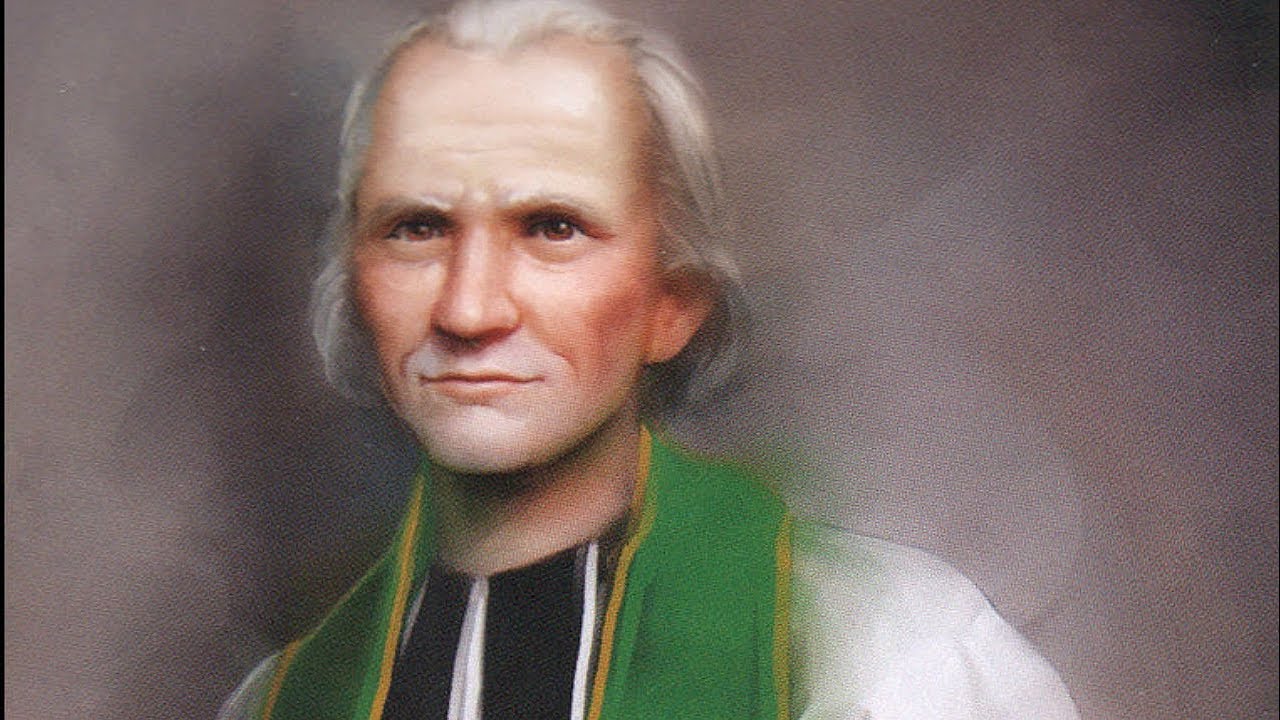

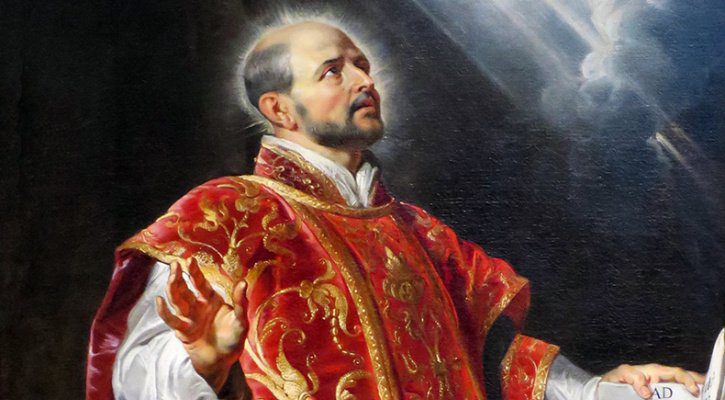
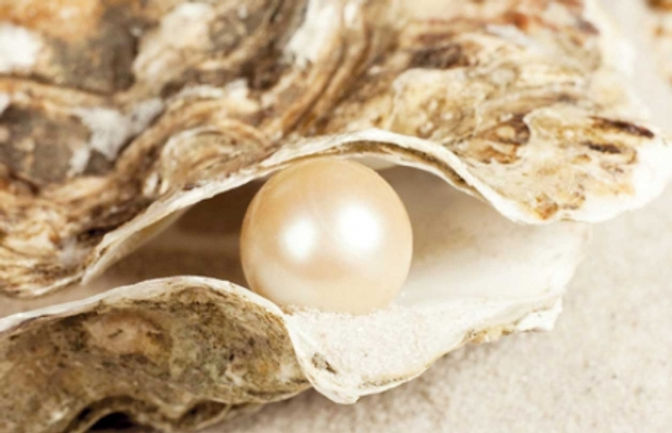


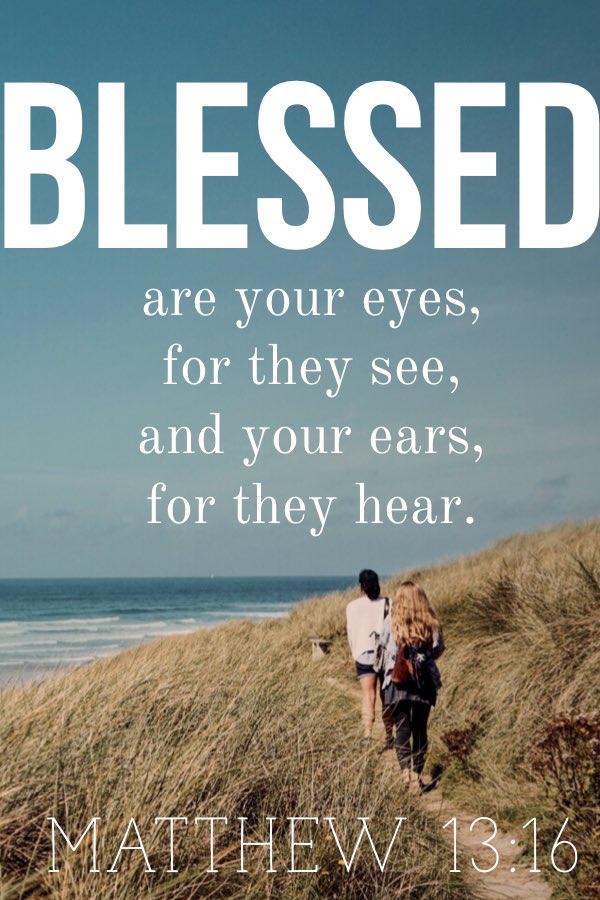
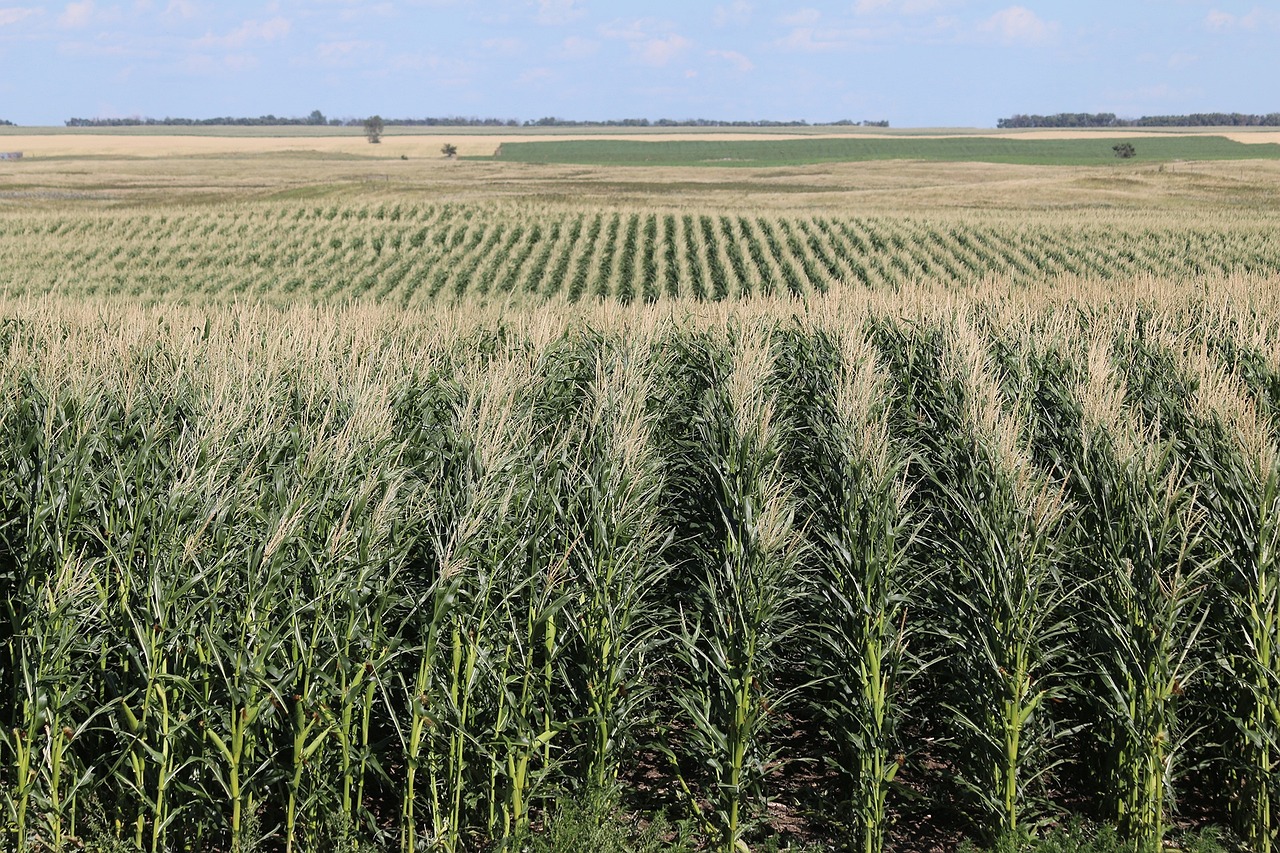
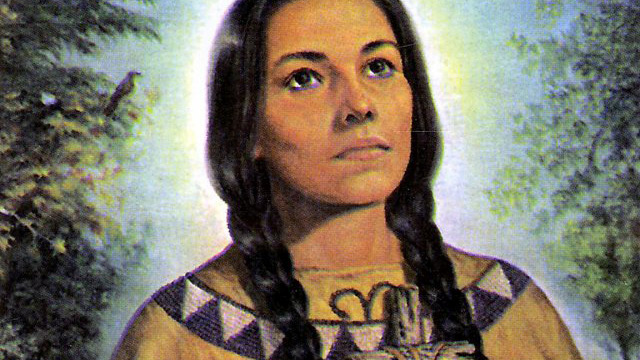
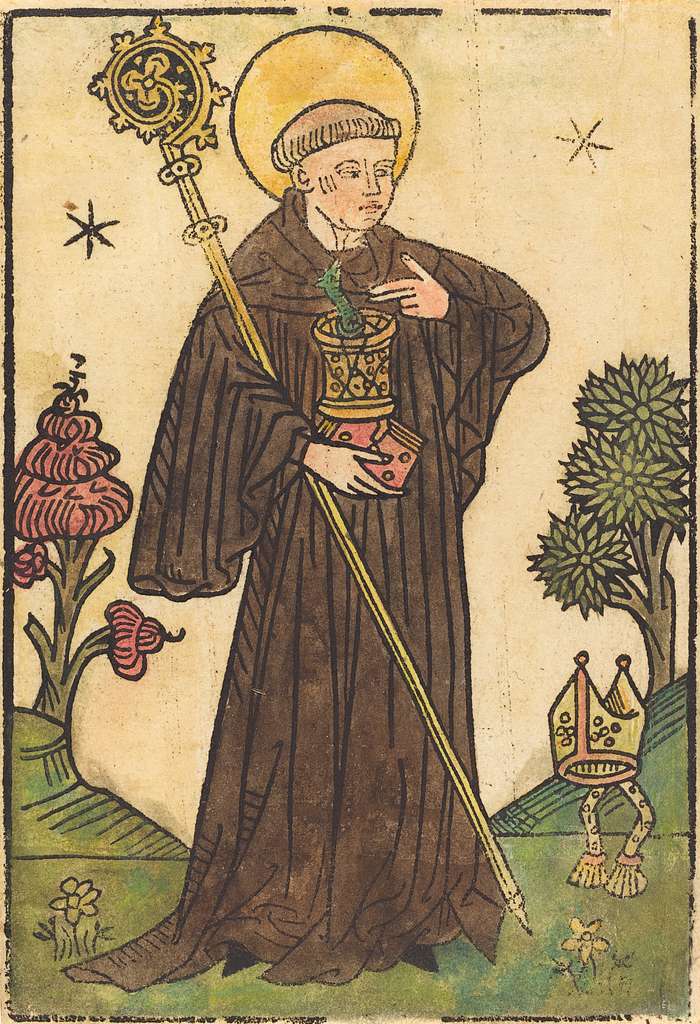
You must be logged in to post a comment.